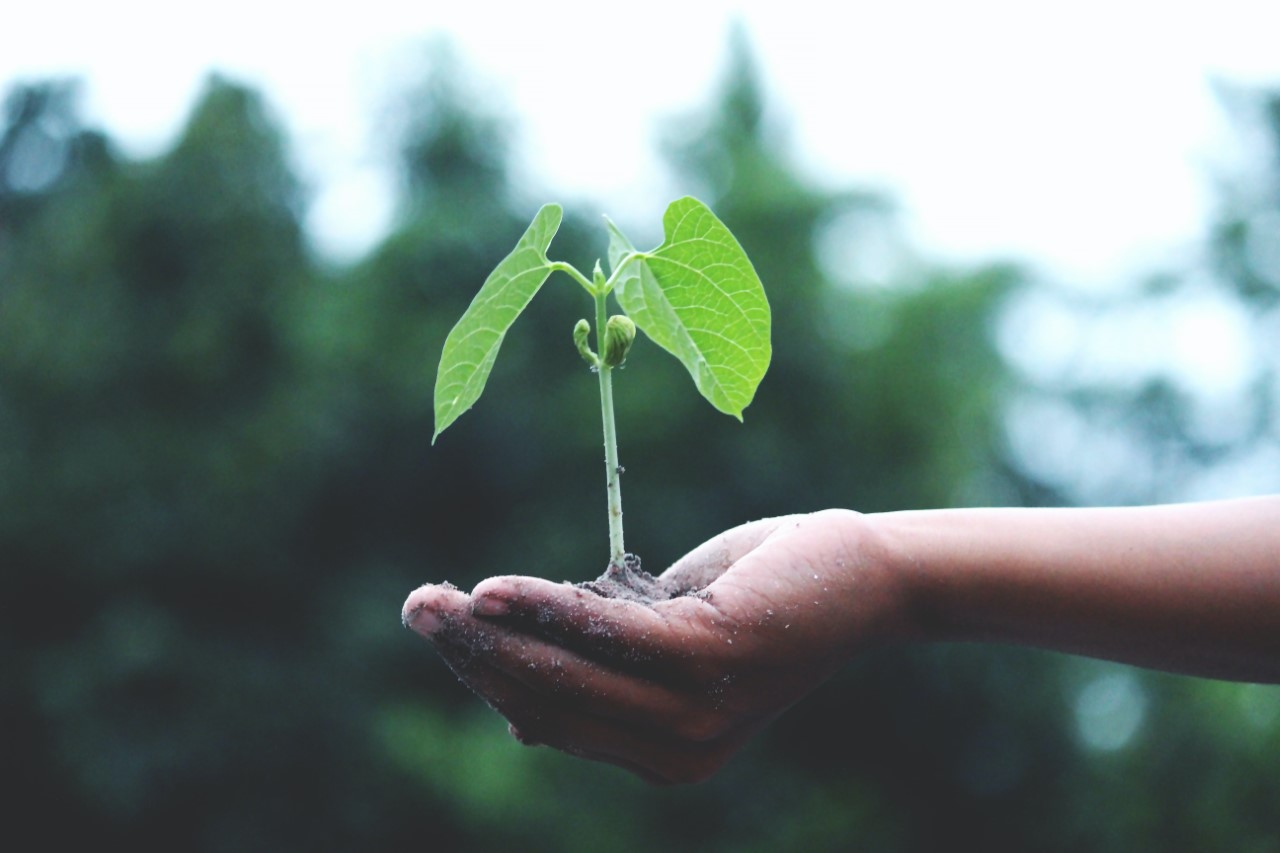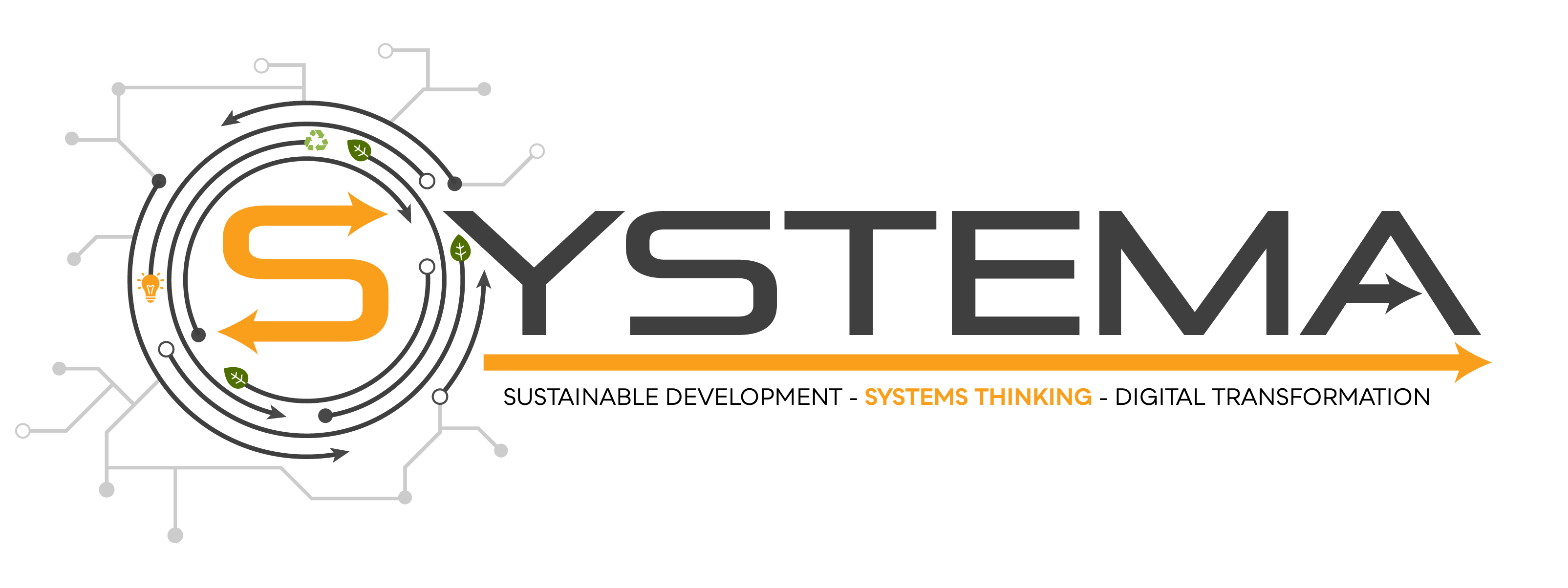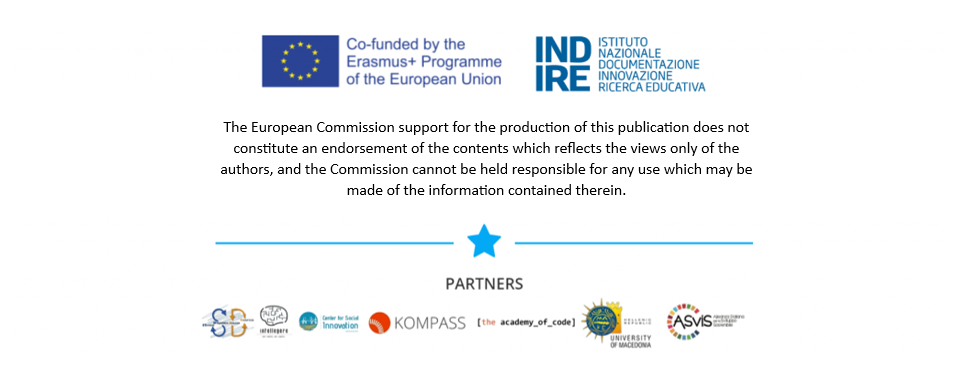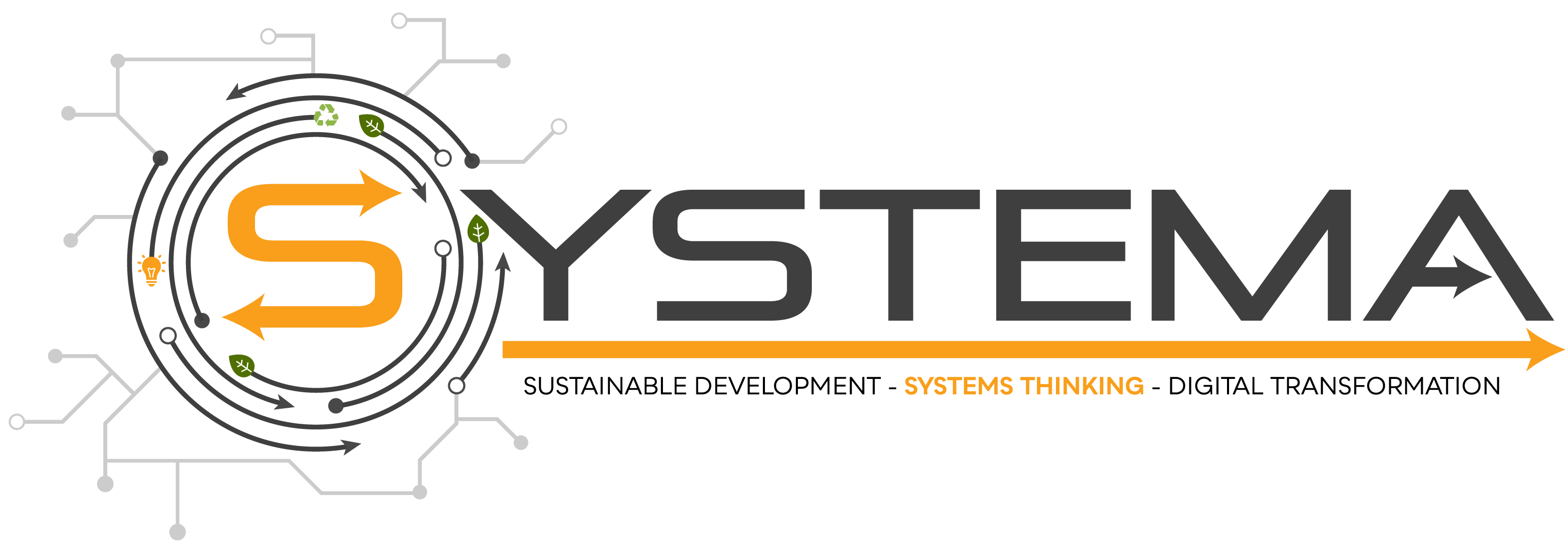Sustainable Development course
Sustainable development will be one of the most important key issues that will define policymaking in the 21st century. This unavoidable fact was globally acknowledged and ultimatelyratified back in 2015 when the Sustainable Development Goals (SDGs) of the 2030 Agenda for Sustainable Development were adopted by 193 countries. However, designing andimplementing successful sustainable policies is an extremely complex process, due to their intrinsically multidisciplinary nature; also, as the problems that policies seek to address andtackle (possibly fixing them) generally have long term horizons, and are characterized by deep levels of uncertainty, interwoven feedback loops, and lengthy time-lags between policyactions and their consequences/impacts.


The situation is further hindered by the inherent inability to learn through experimentation, since the latter would involve high costs (that arenot solely monetary) and the aforementioned time lags between policies and perceived impacts.
Also, it has been demonstrated widely that any attempt to design and implement policies that are oriented towards sustainable development will have to be interdisciplinary, innovativeand adaptable to any new circumstances that may
be created by the rapidly evolving technology (which constitutes an important interdependency with the concepts laid out in IO3).
The course will be designed to provide knowledge and skills for the target audience (according to what will result from the IO and supposedly): managers, civil servants, educators ofMBAs and of professional programs.
It will be also designed in order to specifically account for a Systems Thinking approach to sustainable development, so to be able to develop the ability to evaluate the impacts of atransition to sustainability, not only by considering the concepts at the base of the proposed strategy/policy but also by looking at their impacts on internal organizational processesand, most of all, external ones, that are those where the stakeholders of an organization interact with it, hence determining whether a certain policy or strategy can be effective indelivering its final expected outcomes.


Knowledge and skills provided by the course can be classified into two main areas: soft skills and hard (technical) skills. The first area, which, for the reasons explained above, is themost important one, will include: critical thinking, system thinking, organizational design, cultural change and change management, problem solving, teamworking. The second area will include skills like system dynamics, big data, operational research, decision making techniques and multi-criteria decision analysis. More specifically, these techniques will assist inclarifying sustainable development problems like which policy satisfies the criteria for sustainability, how sustainability is measured etc.
The course content will be designed as Reusable Learning Objects (RLO). This approach will permit the content to be accessible, flexible, reusable and scalable.Every Learning Object (LO) will have its own learning objective but they
can still be combined to form a comprehensive learning experience. The LO will be designed to be used in anonline learning environment (such Learning Management System – LMS or more informal learning environment) as well as in in-person
classes.
The other characteristics of RLO will be the follow:
– digital format, so they can be easily accessed, stored, updated and distributed;
– reusable, to be used more times as a single learning activity or as a part of more complex course
– responsive and multiplatform, to be accessible from any device

More is coming, and soon!
Stay tuned!


